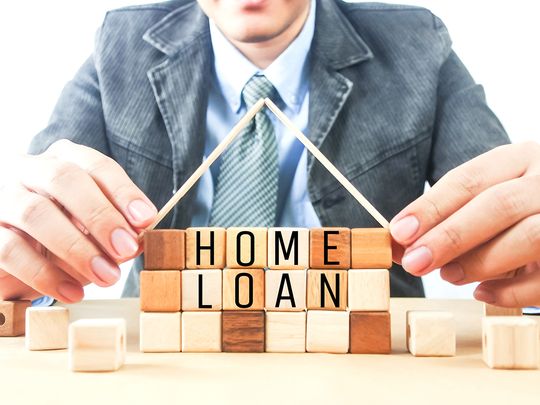
Dubai: Buying a retirement home as early as you can often turns into a profitable affair many years down the line, but UAE-based home ownership experts advise about financial consequences to poorly timing your retirement home purchases and related investments.
“Purchasing a retirement home before retiring allows retirees to secure their ideal living situation in advance, but it also comes with its own set of drawbacks, particularly those that can eventually affect the state of your finances,” said Dubai-based wealth advisor Mohammad Shaan.
Risk #1: Buying a retirement home without factoring post-retirement costs
“Many of us often buy a home, but ultimately end up realising that it’s too costly for us to sustain. We pursue our ‘dream home’ only to find the costs of ownership and maintenance are preventing us from achieving other goals. This is why it’s crucial to consider all your options before investing," he said.
For instance, buying a retirement home before you retire means having to make mortgage payments or pay for maintenance costs while still working, which can be a challenge if any other unexpected expenses arise, added Shaan.
“When planning to buy a home, you must factor in your insurance, utilities, and maintenance of the house. Moreover, if you tend to move around often, owning a home can equate to spending a lot of money (on broker’s fees and closing costs) that you don’t have to,” he added.
Ultimately, the decision to buy a retirement home before retiring should be based on a realistic assessment of your priorities as preferences evolve
Risk #2: What you want in a home now, may not be what you want when you retire
Another potential risk that Shaan flagged is that preferences change over years, causing one to enjoy their home purchase less in later years than they initially thought. "So it's important to consider the fact that what you want today may not be what you want in 10 or 20 years,” he said.
“For example, you may initially love the idea of living in a quiet rural area surrounded by Nature. However, as you near retirement age, living far away from medical facilities and amenities may at times become more of a burden than a pleasure.”
Abu Dhabi-based Prakash Bhat, a real estate and mortgage consultant, said he too comes across new home buying clients who find it difficult to decide where to live, the more they near retirement. “My advice then is to invest in two smaller homes as opposed to one big one, so as to leave your options open, and maybe sell one when the time comes to finally retire.”
Risks #3: Being a landlord takes up a lot more time out of your retirement years
Although it can be very lucrative, being a landlord requires time and effort – both of which takes a significant chunk out of your retirement years, added Bhat, while suggesting that taking the help of a rental management company to keep your unit filled and properly maintained.
“From advertising the rental property to screening tenants and cleaning up after them, there are many aspects to owning a rental property. Therefore, before deciding to rent out your vacation home for passive income, it's important to weigh these factors carefully,” he said.
“Additionally, for a low percentage of your monthly income, a management company can take the burden out of rental ownership. This way, you can reap the benefits of passive income and home appreciation without the stress of managing the property.”
“Selling your house and renting when you retire can be a good idea for some homeowners. If you have equity in your home, you may want to use that cash for something else now that you’re retired. That’s when you’ve exhausted your reasons to stay in your current home,” added Bhat.
“Renting a home post-retirement may be less costly if it means you don’t have to pay for repairs. However, owning can be less stressful if you don’t have to worry about a landlord raising your rent. Whichever route you go, housing costs will be one of your major monthly expenses in retirement.”
Bottom line?
Be it downsizing your existing home or buying a larger home, understanding the potential challenges of purchasing before retirement can help make your retirement dreams a reality instead of a headache, reiterate home ownership experts Bhat and Shaan.
“Ultimately, the decision to buy a retirement home before retiring should be based on a realistic assessment of your priorities as preferences evolve. Holding off on purchasing until closer to retirement may give you a better idea of what you’ll want in a post-employment home,” said Shaan.
“Downsizing to a smaller house post-retirement could also make sense if you’re looking for a simpler lifestyle, and you might be able to use the proceeds from selling your home to pay for a new one, perhaps in an all-cash transaction.”
Nevertheless, buying a house at any stage is a major purchase, so it’s important to plan early and ensure you leave room for the above-discussed potentialities. “Flexibility can pay off financially, which is something worth considering before buying a retirement home too early,” added Bhat.








